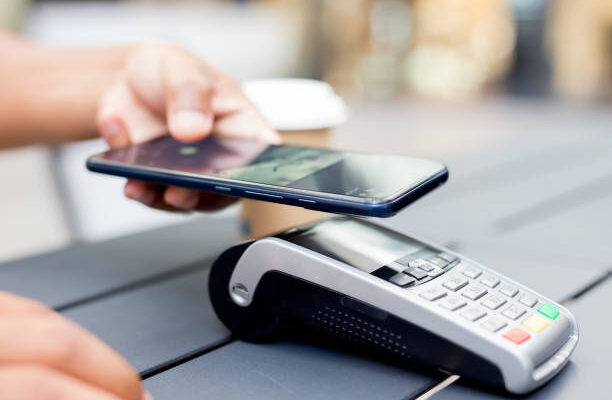
For high-net-worth individuals (HNWIs), while convenience and saving time is valued highly, when it comes to managing their finances, security is one of the most important concerns. Digital wallets have emerged as a popular option for mobile payments, offering a blend of both convenience and security. However, for wealthy individuals, the question remains: do digital wallets offer the right balance of these two critical factors?
Let’s first define a digital wallet. According to Investopedia, a digital wallet is a financial application that allows you to store funds, make transactions, and track payment histories on devices like phones and tablets. So, think in terms of Apple Pay, Google Pay, CashApp, PayPal, Venmo, and Zelle – to name a few.
Digital wallets offer advantages that are particularly appealing to high-net-worth-individuals:
- They allow users to store multiple payment methods in one secure location, eliminating the need to carry around a bulky wallet full of cards.
- Payments can be made quickly and easily with just a tap or a click, streamlining the checkout process both online and in-store.
- Many digital wallets offer features such as loyalty programs and bill pay, further simplifying financial management.
Despite the convenience they offer, digital wallets also raise security concerns for HNWIs. Some of these concerns include:
- Data breaches: If a digital wallet provider is hacked, the financial information of its users could be compromised.
- Malware: Malicious software can be used to steal data from digital wallets or even take control of them altogether.
- Loss or theft of devices: If a high-net-worth individual’s phone or other device that stores their digital wallet is lost or stolen, their financial information could be at risk.
In light of these concerns, there are a number of steps that can be taken to mitigate the security risks associated with digital wallets:
- Choose a reputable provider: Use a digital wallet from a well-established company with a strong track record of security.
- Enable strong authentication: Use strong passwords, PINs, multi-factor authentication (MFA), or even biometric authentication (such as fingerprint or facial recognition) to secure your digital wallet.
- Keep your software up to date: Make sure your phone and digital wallet app are always up to date with the latest security patches.
- Monitor your transactions: Regularly review your digital wallet transactions for any suspicious activity.
- Be cautious about public Wi-Fi: Avoid using public Wi-Fi to access your digital wallet, as this could make it easier for hackers to steal your information.
The Future of Digital Wallets for HNWIs
As digital wallet technology continues to evolve, we can expect to see even more features and security enhancements designed to address the concerns of HNWIs. However, the bad actors and fraud-perpetrators out there are also becoming more savvy and sophisticated making security vigilance a top priority for high-net-worth individuals and those who help manage their finances.
Digital wallets offer a convenient way for HNWIs to manage their finances. By taking appropriate precautions, HNWIs can minimize the risks and enjoy the benefits of this innovative technology.
